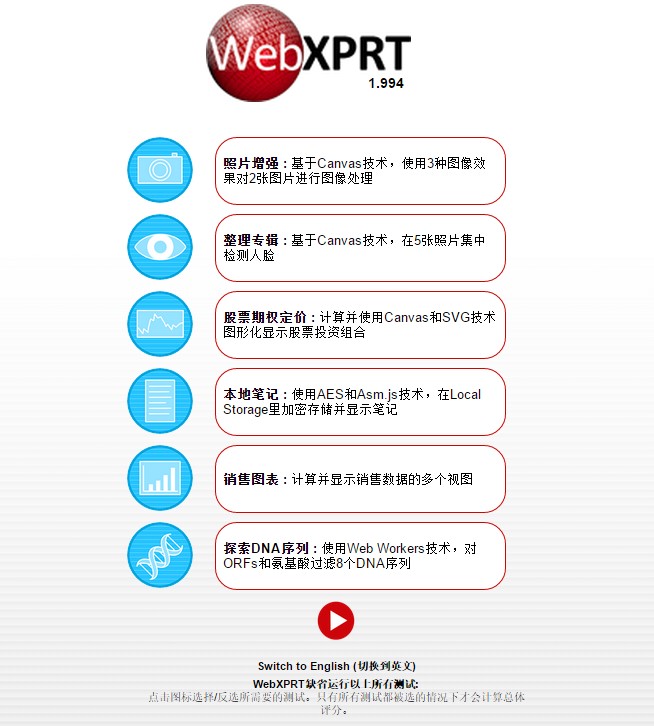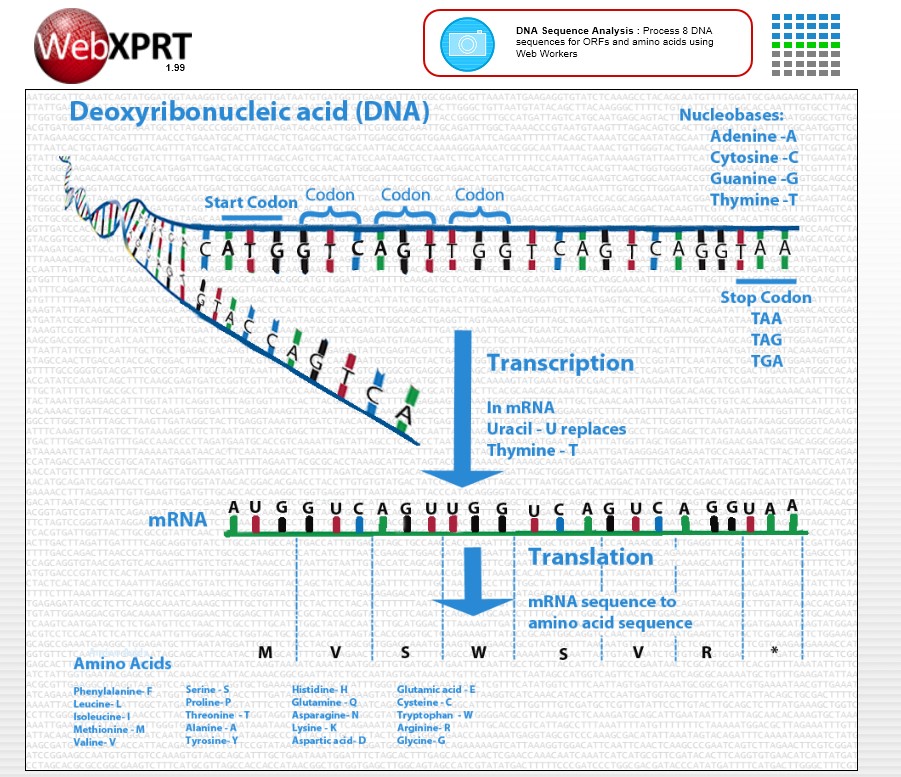We’re releasing the community preview of WebXPRT 2015 tomorrow. We’re very excited that it’s finally here. In the past few weeks, we’ve discussed some of the new features in WebXPRT 2015, such as test automation, its new and improved tests, and its Chinese UI. We think you’re really going to enjoy the new WebXPRT.
The design document (login required) specifies that WebXPRT will contain an experimental workload. That workload is not in the community preview, although we plan for it to be in the general release. However, because any experimental workloads are not included in the overall score, this will not affect any results you generate.
We’re also investigating the use of the JavaScript navigator object to improve system disclosure, but we are still determining if we can get reliable enough information to display. So this information is not displayed in the community preview.
As with all the BenchmarkXPRT community previews, we’re not putting any publication restrictions on this preview release. Test at will, and publish your findings. We guarantee the results for the community preview will be comparable to results from the general release.
If you’re not a community member, join us and check out the new WebXPRT.
Eric















